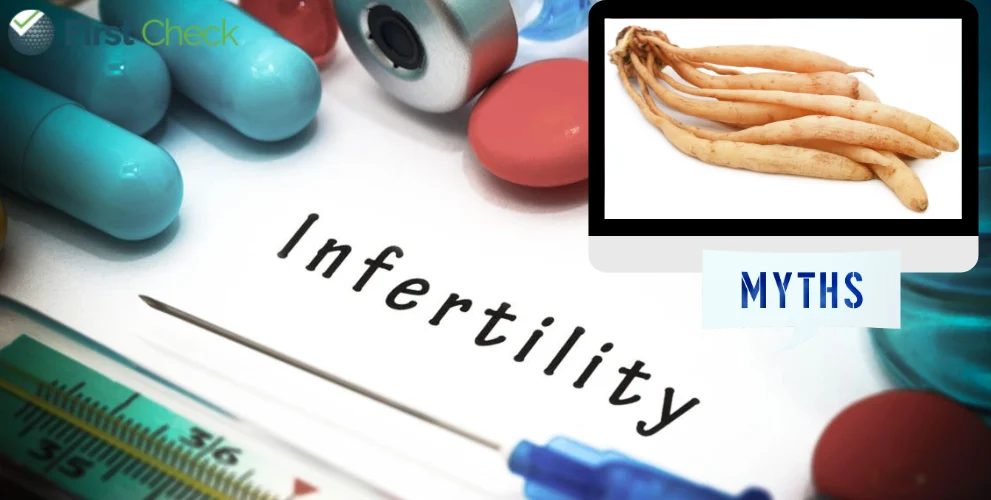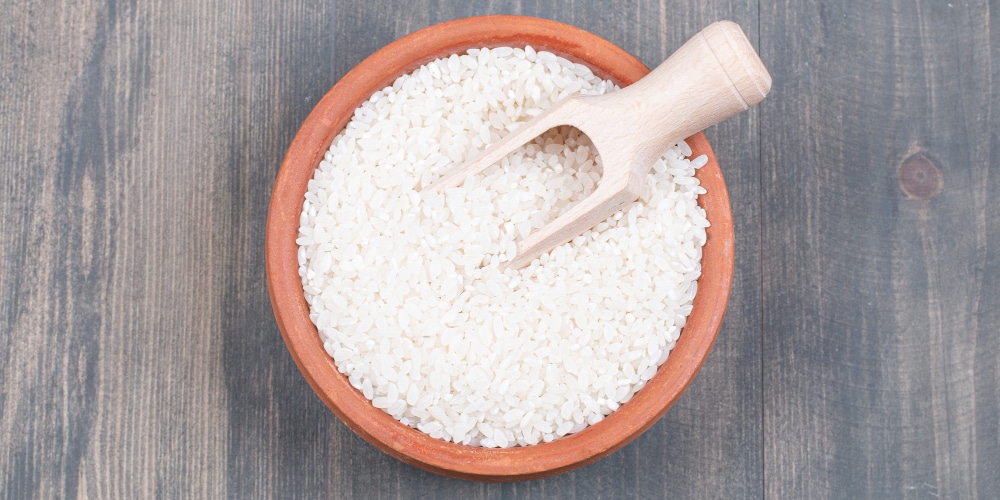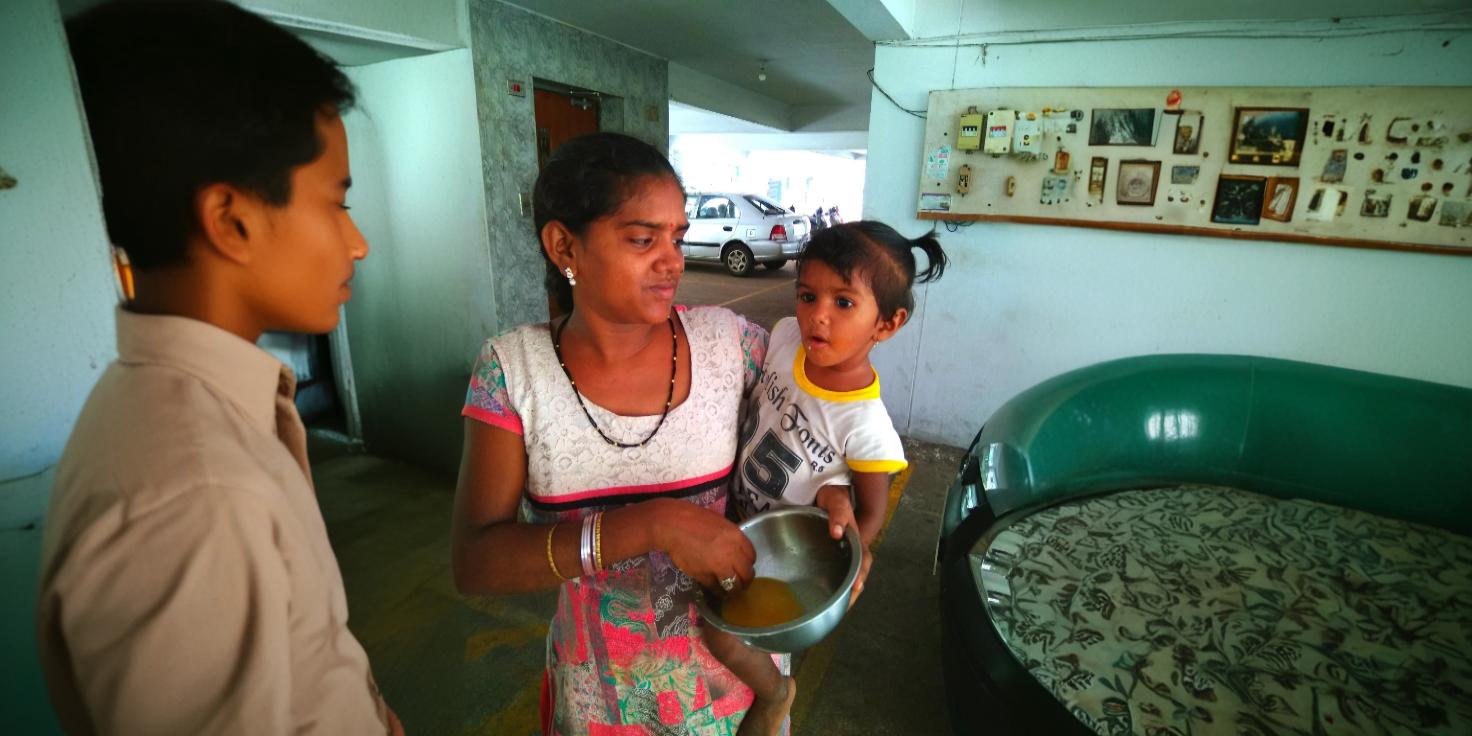Latest
Fact-check: No scientific evidence to prove Shatavari can cure infertility
Author
Author
- admin / 2 years

- 0
- 2 min read

Author
Limited research data is available to confirm the purported reproductive health benefits of the popular herb used in Ayurvedic medicine.
“Can Shatavari capsules cure infertility?” asked one of our readers on email. First Check delved into the available scientific research on this herb used commonly in Ayurveda. We also reached out to a medical practitioner to substantiate our findings.
Shatavari, aka Asparagus racemosus, is a widely used medicinal herb. Research finds that certain parts of the plant contain high levels of polyphenolic compounds such as isoflavones and flavonoids. These compounds are believed to be beneficial for women’s reproductive health.
“Shatavari has phytoestrogens (a naturally occurring polyphenolic) that can change oestrogen levels in the body. However, we need more studies to confirm whether it can help cure infertility,” says Dr Maulik Patel, First Check member and consultant physician at Divine Life Hospital, Gujarat, India.
“It’s also important to note that Shatavari could worsen uterine fibroids, making it harder for the woman to get pregnant. So, be cautious before using it,” warns the doctor.
Promoted as “the curer of a hundred diseases”, Shatavari is recommended in Ayurveda to address stress-related reproductive health issues. However, further research is needed to understand how it supposedly reduces oxidative stress levels and increases antioxidant levels in the body.
Similarly, claims about the herb’s impact in managing pre-menopausal as well as post-menopausal symptoms, such as irritability, mood swings, hot flashes, insomnia, and depression, are not backed by scientific evidence. “Limited research data is available to confirm the claim and interactions with other drugs need to be studied further,” notes Dr Maulik.
Always consult with a qualified healthcare professional before taking any herbal supplements. Remember, anecdotal evidence is not the same as scientifically proven facts.
Want First Check to fact-check any health-related information? Mail us at hello@firstcheck.in, or WhatsApp on +91 9311 223145. You can also follow First Check WhatsApp channel for the latest updates.
Read More : Fact-check: Diapers don’t cause infertility in male infants










